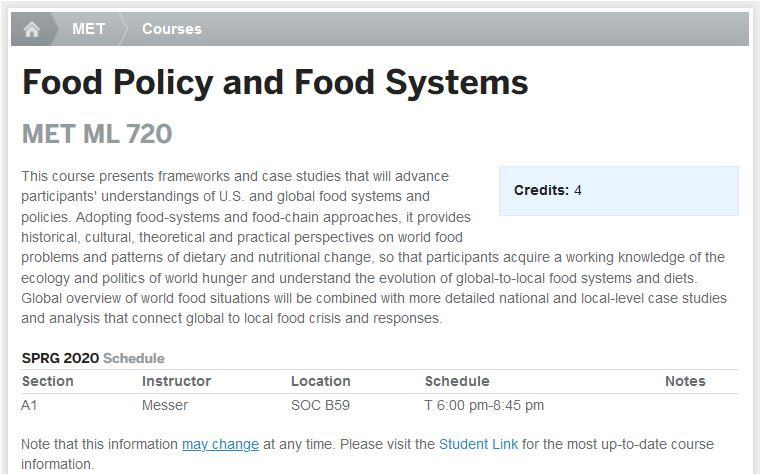
The Food System Vision Prize is a call to a fragmented system of actors to unite, source, and support positive Visions for the future of the global food system.
Goal
Inspirational Visions of regenerative and nourishing food futures for 2050.
Successful Food System Visions will be stories of contrast. They will illuminate the difference between food systems as they exist today in specific places and the Vision for the future in the year 2050 “if we get it right” (science, policy, advocacy, behavior, etc.). Visions will unlock inspiration, knowledge, networks, and innovative solutions that have the potential to transform the future course of humanity and the planet. History shows us that systemic change requires shared direction, time, and collective effort. The purpose of the Food System Vision Prize is to light the way for populations across the globe to realize a more promising, nourishing, and healthy future.
Why Food Systems?
Aside from air, food (including clean water) is the most vital resource for life on Earth. And when you look at the food systems data and 2050 projections, the future does look bleak. But humanity has more knowledge, technology, social intelligence, and human capacity than ever before—all of which can be harnessed to create a food system that nourishes all people, grows the global economy, and nurtures a thriving environment.
A Systems Approach
Envisioning the food system you aspire to build starts with understanding the food systems’ current state, from its stickiest challenges to the potential for its transformation. To do this, you really need to look at the entire system, over and above your unique vantage point—the many stakeholders and processes, the relationships among them, and their influence on each other. When it comes to systems, the whole is much greater than the sum of its many moving parts.
Because envisioning a global food system for 2050 is a massive and vastly complex undertaking, the Vision Prize is focused on reimagining regional or local food systems. By a “system,” we mean the interconnected actors, enabling environment, and linkages that relate to food in a particular Place. Beyond a value chain or supply chain, a food system considers a number of influential factors—political, social, environmental, cultural, technological, etc.—that influence every dimension of food from production to consumption.
We know that our global food system is actually composed of numerous smaller and interconnected food systems. The Food System Vision Prize offers you a chance to define your food system—by climate zones, natural borders, or political boundaries, as well as by the People who inhabit those Places, their cultures, livelihoods, traditions, and beliefs.
As a Food System Visionary, your goal is to develop a Vision that reflects the views and needs of multiple stakeholders within your regional system. With these stakeholders in mind, a Food System Vision is really a story about the future that addresses the following six interconnected themes:
- Environment
- Diets
- Economics
- Culture
- Technology
- Policy
Submit Proposal to the Prize
Food-matters,





